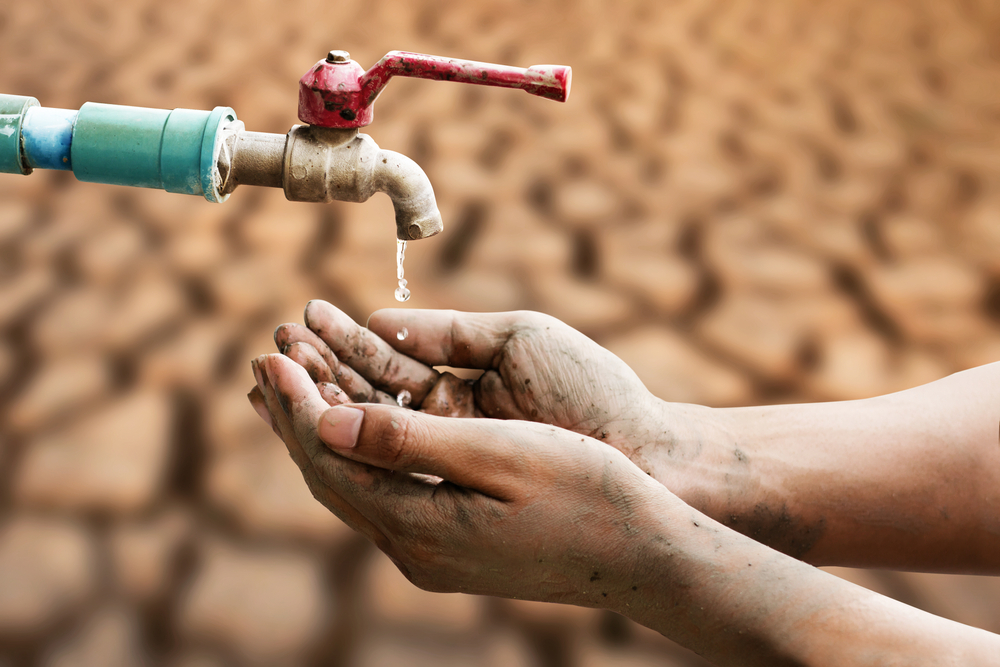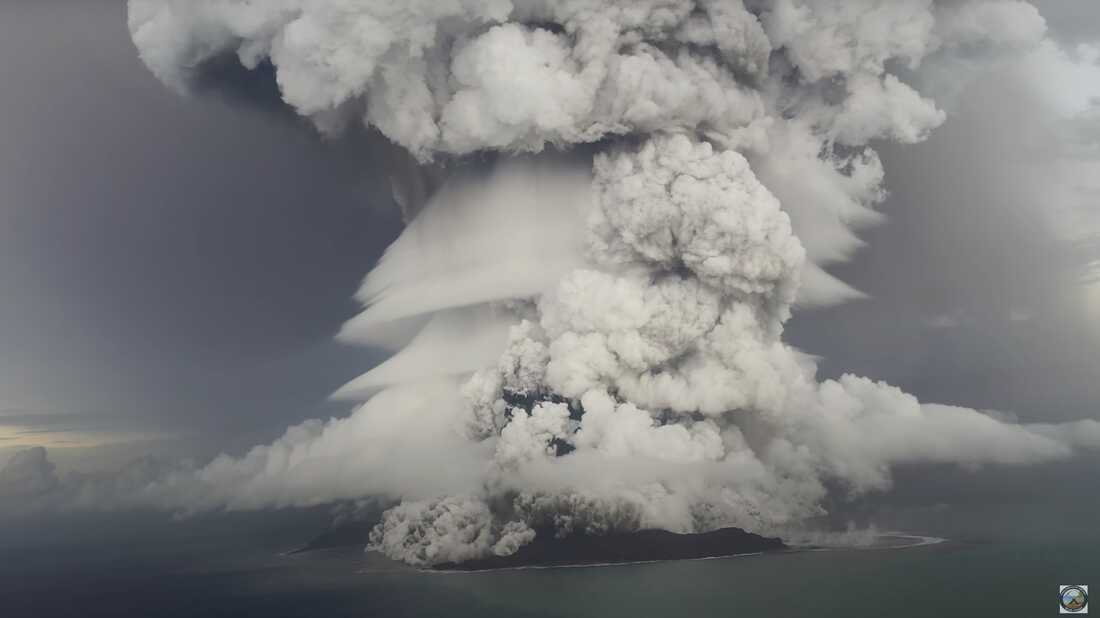Having studied international environmental trends and experienced firsthand the water restrictions in Cape Town during the 2018 crisis, I’ve seen how water scarcity is no longer a regional issue — it’s a global emergency. From California to India, rapidly growing populations and climate change are stressing freshwater supplies. According to the United Nations, over 2 billion people now live in countries experiencing high water stress, which severely impacts health, agriculture, and economic stability.
The socioeconomic effects of water scarcity are profound. Farmers face crop failures, leading to food insecurity and price spikes globally. Urban communities, especially in lower-income countries, struggle with limited access to clean drinking water, which disproportionately affects women and children. Businesses in water-intensive industries are being forced to adapt or relocate, further shaking local economies. Having consulted with water-focused NGOs, I’ve seen how even small infrastructure gaps can destabilize entire communities when water becomes unreliable.
Long-term solutions demand coordinated policy efforts, investment in water recycling technology, and local education. Countries like Israel have led with desalination and efficient irrigation, proving that water resilience is possible. But to avoid escalating conflict and inequality, global cooperation is essential. Water scarcity is not tomorrow’s problem — it’s today’s silent crisis with cascading effects on nearly every aspect of human life.





